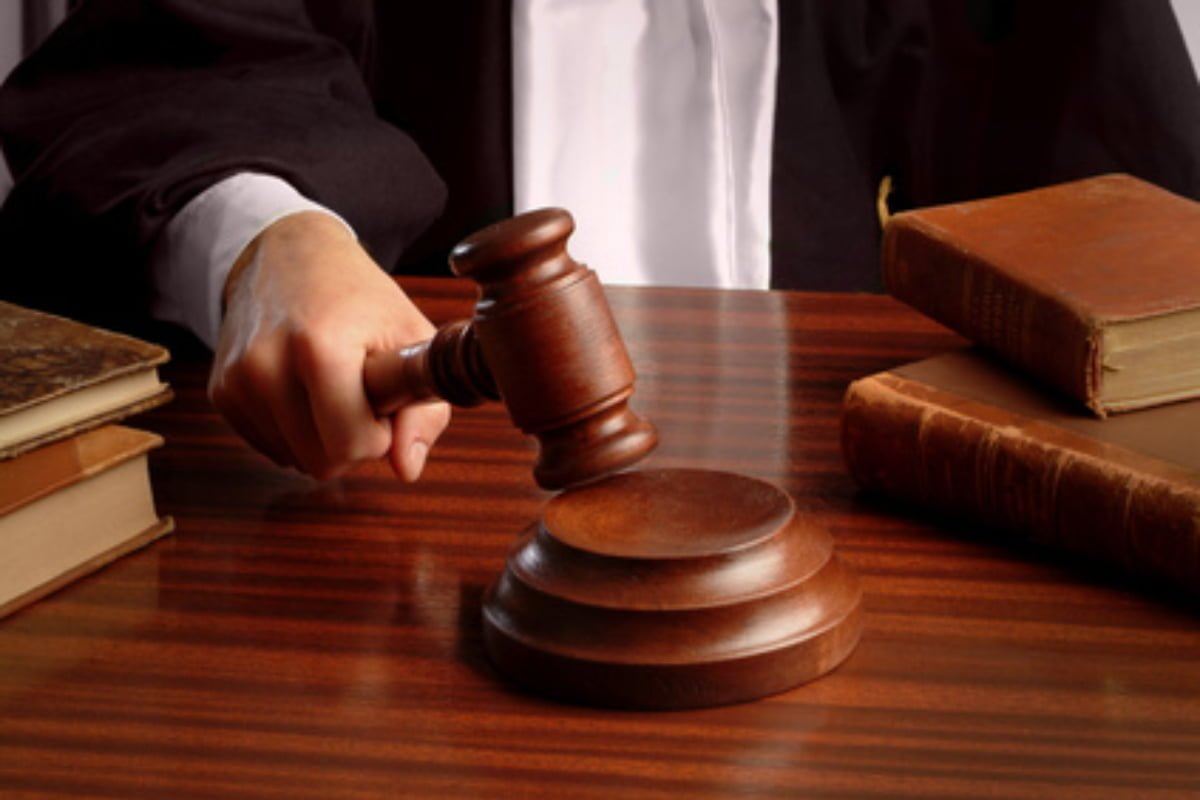During the lockdown, in-person court hearings were suspended, leading to a quiet erosion of civil liberties. This has exacerbated a process already underway due to years of Tory austerity. Capitalism cannot provide justice.
The justice system is facing one of the biggest crises in its history. There are significant delays for those using both the civil and criminal courts. And the need for remote discussions with lawyers has furthered the divide of those with financial resources and those relying on legal aid.
It is clear, however, that the coronavirus pandemic is not solely responsible for these issues. Rather, the outbreak has simply aggravated existing problems and pushed them to crisis levels.
Dangers
From the start of the pandemic until the end of June, all in-person court hearings were suspended. Simple hearings were conducted over the phone or through video conferencing, and trials were adjourned until they could be done in-person.
This was all necessary to try to prevent the spread of the virus through the court system. But it has, unsurprisingly, put those with poor internet connections and phone signals at a significant disadvantage.
While many civil cases can be delayed until in-person hearings can be conducted, among those that have been most affected are those in the Family Court.
Numerous concerning examples have been reported. These include: orders being issued to take a newborn baby into care after a telephone hearing; technology mistakes resulting in people being able to listen in to the wrong hearing; and victims being left alone on the line with alleged abusers.
Such is the concern about the limitations and dangers, many family lawyers and charities have called for guarantees that remote hearings will only be used for the minimum amount of time necessary, and will not become a permanent fixture.
Backlog
In the criminal courts, there has been a significant build up of cases due to the pandemic.
There has not been a significant increase in cases in the Crown Court, with the waiting list increasing from 39,200 in March to 40,500 at the end of May (probably due to less serious crime being committed due to the lockdown). But outstanding cases in the Magistrates Courts have increased from 406,000 to 484,000.
Coronavirus sends #UK #justice system into ‘meltdown’ as criminal #court #case backlog passes 37,000 https://t.co/KW9vvq4uLI
— Wojciech Filipkowski (@fwojtek) March 29, 2020
For the few hearings still being conducted – which are mainly bail hearings for those being held in custody until trial – there have been a number of issues: poor internet connections at police stations; background noise preventing them from hearing the proceedings; and defendants not being able to spend enough time discussing with their solicitor to ensure that they understand the hearings.
This can have serious implications. The accused could be kept in custody until their trial, with no guarantees of when this will be, particularly with the delays building up.
While there is an expectation that the case backlog in the Magistrates Courts should clear fairly quickly once hearings and trials can begin again, the issue of the Crown Court backlog is likely to cause the biggest problem. This was already significant before the pandemic.
The government’s own analysis has found that – given the need for social distancing in terms of jurors, lawyers, judges, defendants and witnesses – 200 extra court rooms will be required just to clear the extra cases by the end of the year, and to ensure that the backlog does not increase.
This has led to an announcement that ‘nightingale courts’ – buildings used as emergency courts – will be used. The government has planned for ten of these so far, and has tried to take credit for this ‘solution’. It is likely that more will follow, with suggestions that unused university lecture theatres may be used.
But this is far less than the 200 additional spaces that the government itself has stated are needed. And it is also far less than the 250 court buildings that the Tories have closed since 2010, which has caused most of the backlog in the first place!
Erosion
A much more controversial idea that has been floated by the government is to temporarily suspend jury trials for some offences, in order to allow them to be dealt with quicker. This will also reduce the space required, since there would be no need to have 12 extra people in the hearing.
This, however, does not stand up to scrutiny. Already there has been a backlash from lawyers and civil liberties groups.
As mentioned above, the government has found that there is no physical or legal issue with dealing with the backlog by using additional buildings as courtrooms. Additionally, there was a much bigger backlog of cases in 2015 (with over 50,000 cases), with no suggestion then of such measures.
It is therefore difficult not to conclude that this is an attempt by the Tory government to cynically use the cover of the pandemic to quietly erode civil liberties.
Struggle
The pandemic has clearly contributed towards significant issues within the justice system. But the virus and lockdown are not the ultimate cause of these problems.
Tory austerity has meant that the system was already creaking, leading to series issues for defendants, victims, and witnesses. Many working in the justice system have already begun to struggle against these cuts. ‘Strikes’ of criminal law barristers and solicitors have occurred in the last few years.
Ultimately, the only way to ensure a properly funded and fair justice system is to link up these struggles with those of the wider labour movement.
Legal aid and other concessions – such as the right to jury trial – were only won through struggle by the labour movement. And it is only through a similar fightback that they can be successfully defended today.






